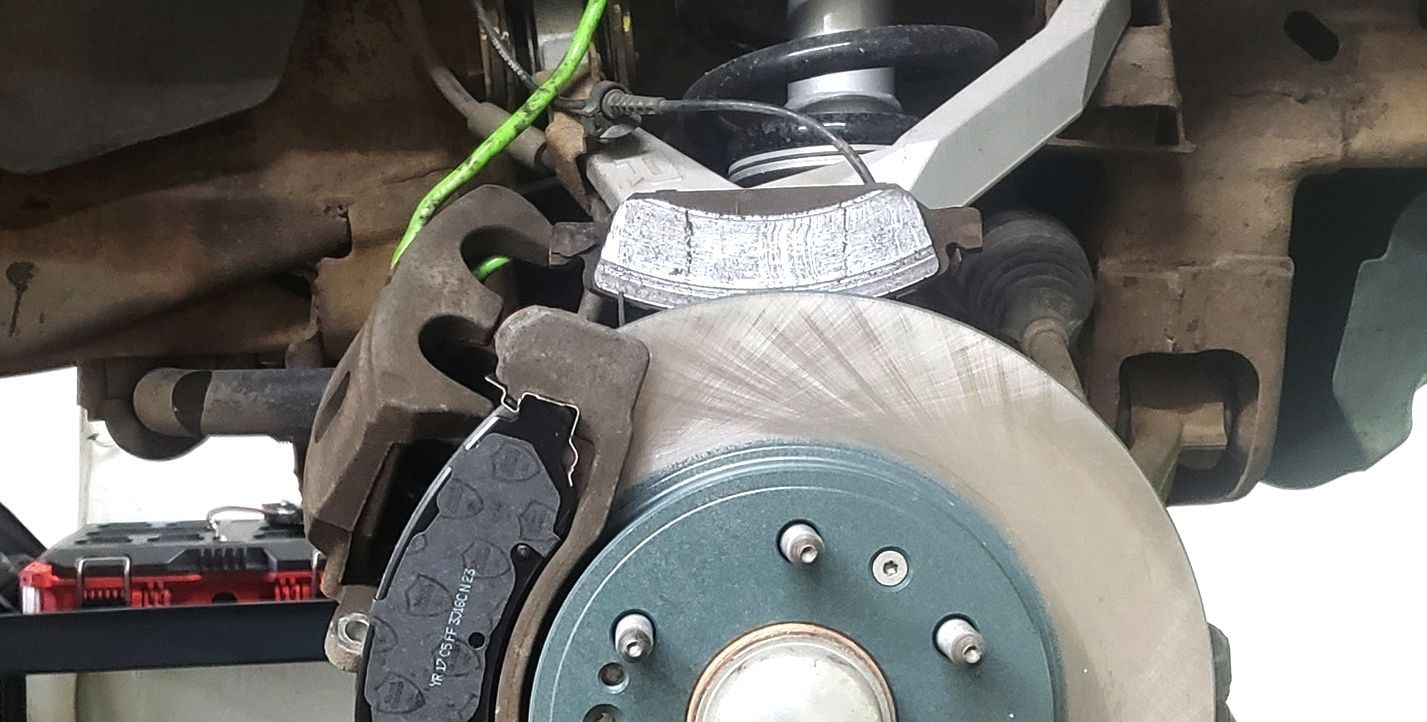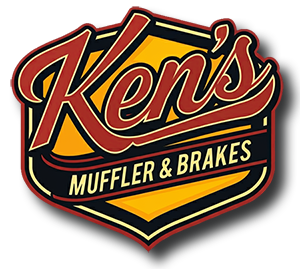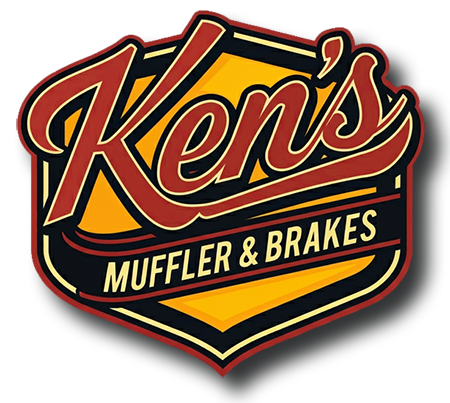4 Maintenance Tips for Keeping Your Engine in Great Condition

Routine maintenance and smart driving habits can go a long way toward preventing engine trouble and saving you from expensive repairs. Whether you drive daily or just occasionally, keeping your engine healthy should be a top priority. Here are four practical tips for helping your engine stay in great condition.
Stay on Top of Oil Changes
One of the most critical tasks in engine care is changing the oil on schedule. Engine oil lubricates moving parts, reduces friction, and helps prevent overheating. Over time, oil breaks down and collects dirt and debris, losing its effectiveness. Neglecting oil changes can lead to excessive wear and even engine failure. Always follow the manufacturer’s recommended intervals, and use the type of oil specified for your vehicle to keep the engine running smoothly.
Keep the Cooling System Maintained
An overheated engine can quickly lead to serious damage, so maintaining your vehicle’s cooling system is essential. This includes keeping an eye on coolant levels, checking for leaks, and ensuring the radiator, hoses, and thermostat are all in good working order. The coolant keeps engine temperatures within a safe range, especially during long drives or hot weather. Flushing the cooling system periodically and replacing coolant as recommended will help prevent overheating and related engine issues.
Replace Air Filters When Needed
Air filters play a key role in protecting your engine from dirt, dust, and debris. A clogged air filter restricts airflow, making your engine work harder and reducing fuel-efficiency. Inspect the air filter regularly and replace it as needed, especially if you often drive in dusty environments.
Listen to Your Engine
Paying attention to how your engine sounds and feels can help you catch problems early. Unusual noises like knocking, grinding, or whining shouldn’t be ignored, and a change in performance or fuel-efficiency might also signal trouble. The sooner you investigate and address any warning signs, the better your chances of preventing serious engine damage. Don’t wait for the check engine light to come on—listen to what your car is telling you.
Engine Repair & Maintenance in Dallas, TX
For an experienced mechanic in Dallas and the surrounding area, contact Ken’s Muffler & Brakes at
214-308-2320. Feel free to give us a call to schedule an appointment!





